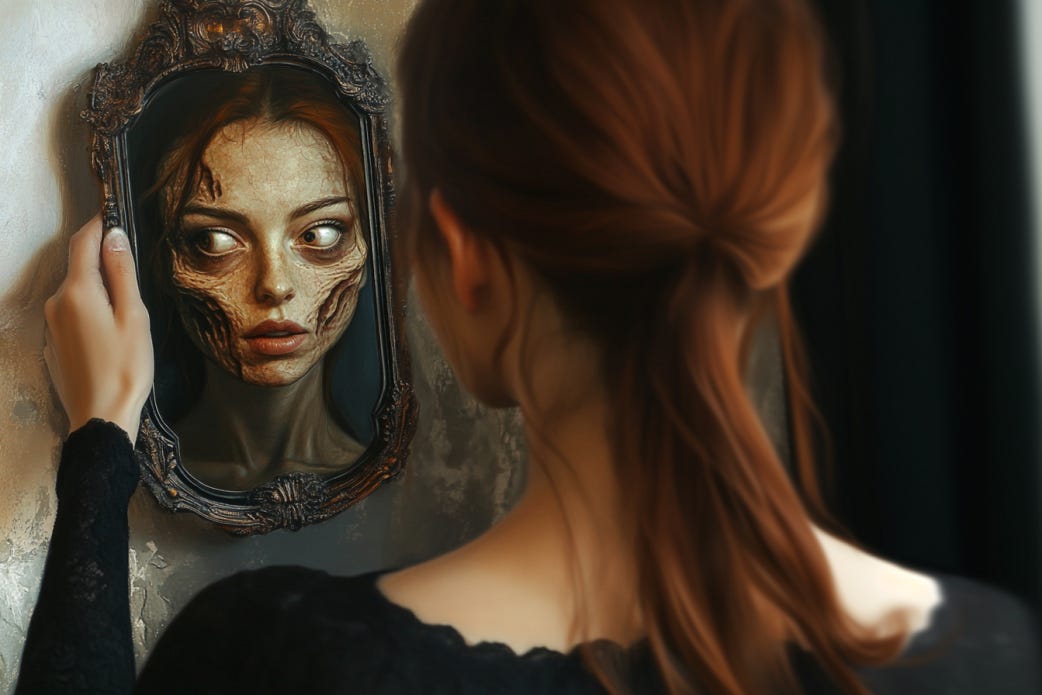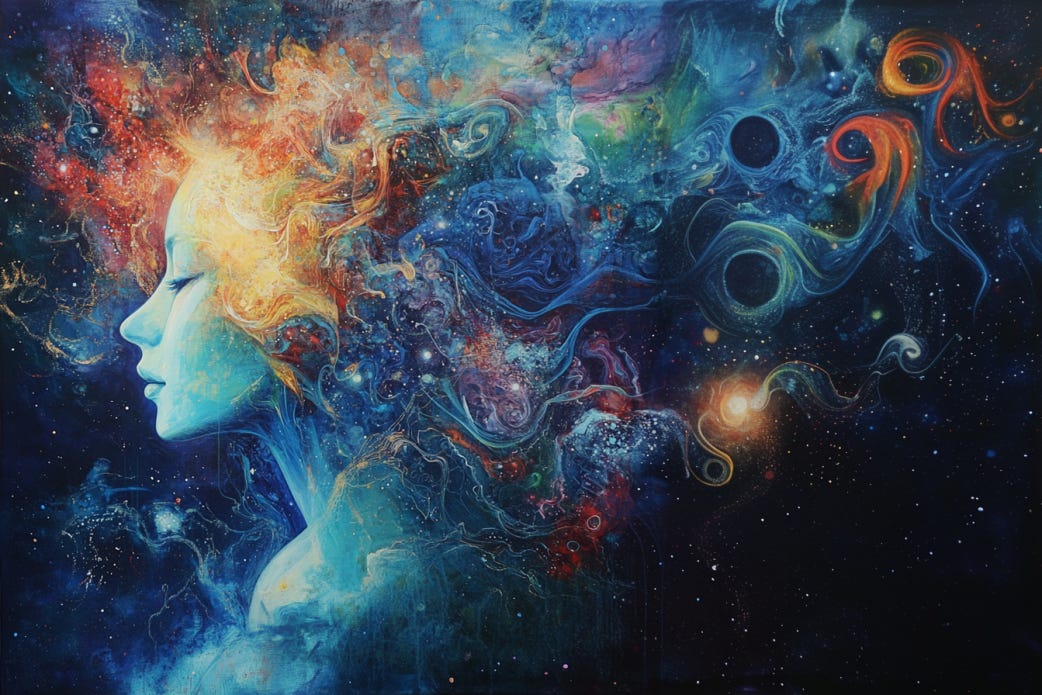You might ask, "Why the language?" Maybe because our society has hit rock bottom. Maybe because I am tired of the cowardice all around me. Maybe because of the overwhelming narcissism that seems to be infecting everything. Maybe because everyone thinks they are the best—even when their lives are a mess. The inability to take responsibility, to admit weakness, and to engage in real self-reflection is at an all-time high.
The Current State of Things
People have become overly sensitive. We lock ourselves in metaphorical boxes, setting rigid boundaries for what we are willing to hear or accept. Is this a problem? Well, that depends on how close those boundaries are. The tighter the walls, the more fragile we become. Anything that challenges our comfort zone is met with indignation—"How dare you!" "I am the best of the best!"—all illusions carefully constructed in our minds.
And then, we lose control.
If you feel "threatened" often enough, those boundaries shrink even further, closing in on the fantasy world you've created for yourself. Congratulations, you've become the ultimate coward.
The truth is, nothing outside of you is responsible for your misery. Yes, people and situations act as triggers, but they are merely reflections of your own reality. Many spiritual traditions, including Buddhism and Christianity, emphasize this concept. In Buddhism, it is karma and dharma—life events mirroring our inner state, providing lessons we need to learn. In Christianity, faith in God encourages believers to face hardships with patience and trust, seeing challenges as part of a divine plan for personal growth.
But the easier, short-term solution is to blame others. "You made me angry." "You made me sad." "You made me unhappy." This line of thinking is nothing but an admission of weakness. It suggests that others control you while you cling to the illusion of superiority. So, you avoid those who disturb your so-called peace. You change your environment, thinking that will solve the problem. But it never does.
Why? Because wherever you go, you take yourself with you.
No matter how many times you switch jobs, end relationships, or move cities, the same issues will follow you. They will reappear over and over again because they are not external—they are within you.
Life Is Not Supposed to Be Easy
We are all far deeper than we realize, yet most of us only scratch the surface of who we truly are. Life, through its opportunities and hardships, forces our hidden aspects to the surface. Success can bring out arrogance and the lust for power. Failure can turn into bitterness and blame. The unsuccessful resent those who succeed, believing they are the cause of their misfortune, while also assuming success guarantees happiness. Both are false.
These life experiences are necessary for growth. Without them, we never develop mastery over ourselves.
Carl Jung once said that a person does not truly mature until they get married and have children. Why? Because assuming you take responsibility, marriage and parenthood are situations you cannot simply escape. They force you to fight for something beyond yourself, to sacrifice your ego. They demand that you put others first.
But today, with skyrocketing divorce rates and a culture that glorifies individualism above all else, this critical opportunity for self-growth is disappearing. Instead, we are left with a society riddled with pathological narcissism—one that celebrates "I'm 40 and have no kids!", casual relationships, reckless indulgences, addiction, and a complete lack of purpose. A society full of children who never grew up.
Look Within
This isn't easy. Taking full ownership of everything in your life is a monumental task. You might say, "But it's not my fault! It's my boss, my spouse, the corrupt government!" Sure, all of those exist. But they are simply the backdrop, the set pieces of the stage where your life unfolds. Your role is to navigate them in a way that fosters growth. That can't happen if you're always blaming others.
It’s difficult because true self-awareness requires humility. It requires you to acknowledge your own darkness. To step down from the pedestal you've placed yourself on. To admit that you're not above anyone else. And that is terrifying.
It requires the ultimate sacrifice—yourself.
And Now What?
Unfortunately, we live in a society that does not encourage this kind of inner work. Even those who are supposed to guide us—psychologists, therapists—often do the opposite, enabling victimhood rather than challenging people to take ownership of their lives.
So, how can we embark on this journey of self-discovery when even the so-called "experts" fail us?
The answer is simple: you don’t need books, degrees, or gurus to look within. You just need to observe. Through trial and error, and a commitment to personal responsibility, you will find the answers you need.
And in doing so, you might just start to clean up your inner mess.







LOL, your language is extremely polite given the shitty state of the world!
How do you post like this?